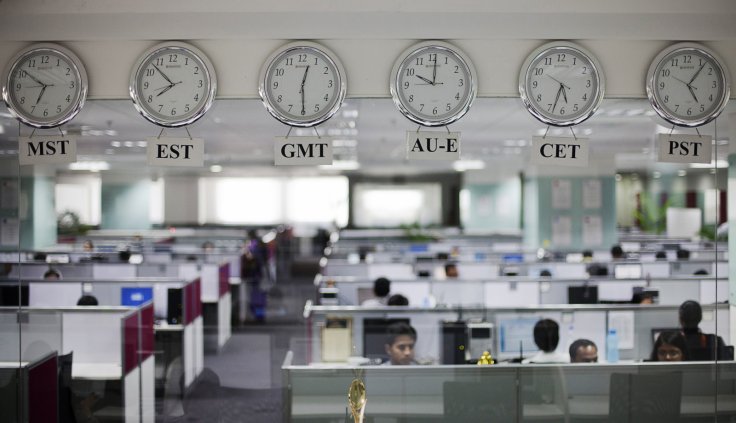
Flexible and family-friendly work arrangements augmented with employee soft skills training can positively impact employee satisfaction at the workplace, according to PERSOLKELLY's 2019 Q2 APAC Workforce Insights.
For organisations that are championing these two areas, the level of employee satisfaction for the programs in place is high. 80% of Singapore-based respondents are satisfied with their companies' flexible work arrangements, while 78% express positivity towards their companies' family-friendly policies.
"Flexible and family-friendly policies create a more welcoming workplace for all employees in a more inclusive workforce," said Foo See Yang, Managing Director and Country Head, Singapore at Kelly Services.
While 75% of Singapore workers are content with personal skills training they can access, a significant 81% of workers are satisfied with the inclusion programs they have been a part of. These training can help employees develop their soft skills and prepare them for a workforce which will have greater numbers of workers aged 55 years and above, people with disabilities or special needs, and returning mothers.
However, a limited number of companies in Singapore provide programmes and training in these two areas, with just 38% of respondents saying that their company provides flexible work arrangements, and 36% agree they have access to family-friendly policies in their organisations. This could be why the overall employee satisfaction amongst all those surveyed from organisations in Singapore is only 65%, underlining the need for improvement.
"Organisations in Singapore must recognise the importance of providing both flexible work arrangements and soft skills training to employees," said Foo. "Investing more resources here could help companies improve their employee satisfaction."
While we see at most 37% of employees being offered personal skills training, only 11% of respondents confirmed the provision of inclusion training in their companies, which underscores the need to enhance implementation of soft skills programs for employees.
A key reason for lesser companies advocating inclusion coaching programmes in Singapore could be the lack of understanding of the subject and resources – underlining the need for more senior support.
"Businesses need to bridge the gap between what their workforce needs and what they currently offer", said Foo. "For an organisation to adequately prepare their employees for a more inclusive workforce, part of the solution must be organic and leaders must engage with their employees."
As the workforce becomes more inclusive, companies must make a concerted effort to drive acceptance and improve integration. To facilitate integration, the 2019 Q2 APAC Workforce Insights report has outlined a Total Transformation framework, which can be downloaded here.








